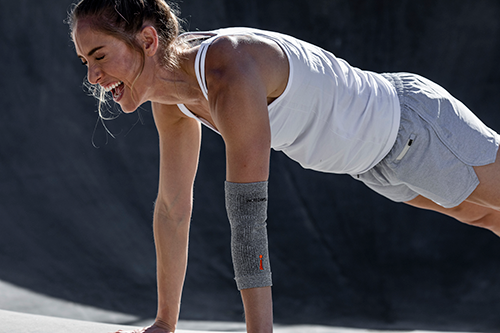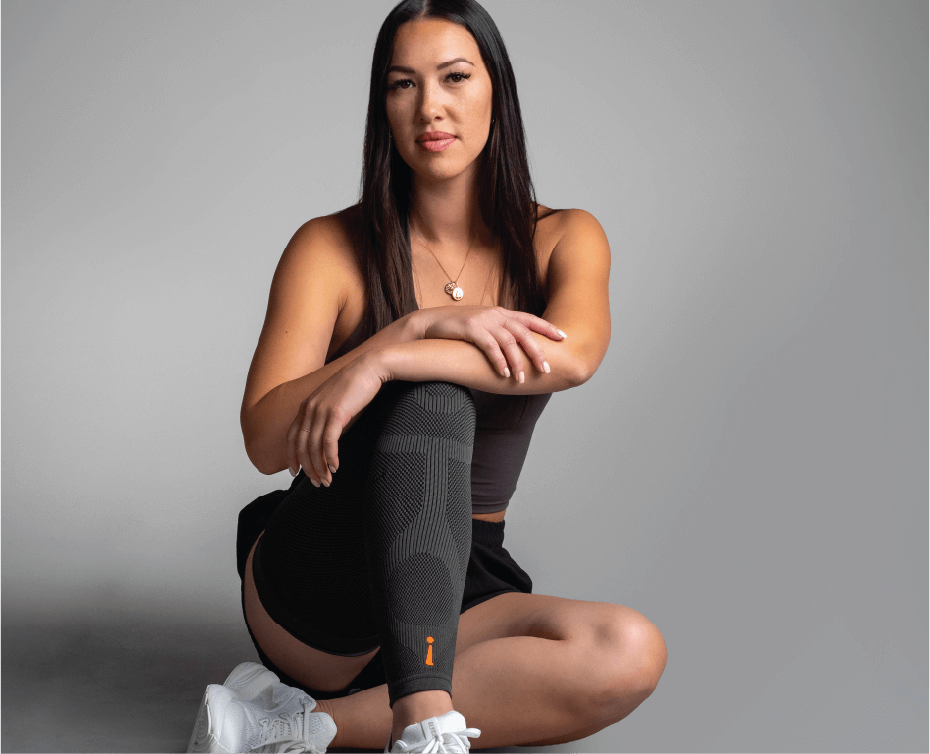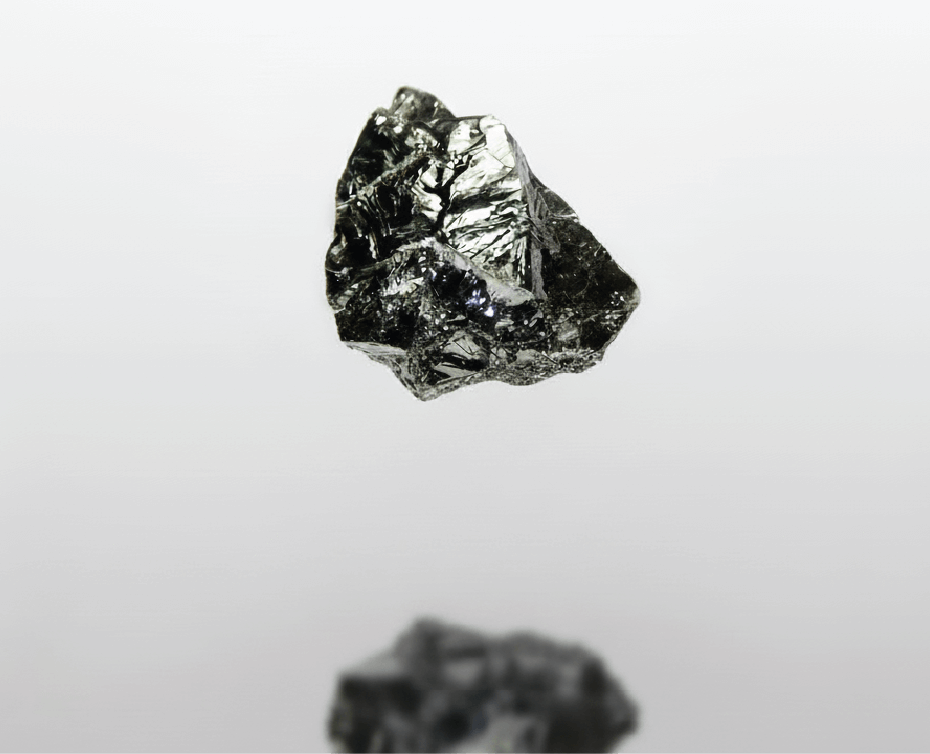It’s officially winter, which means it’s time to dig out that EPIC Pass, book time off, and get up to the mountains to enjoy the season. But did you know that - in 2014 - over 290,000 patients were treated for winter sports injuries in the United States? Among these, some of the most frequent injuries were from the following sports:
- Skiing (responsible for 114,000 injuries)
- Snowboarding (responsible for 79,000 injuries)
- Sledding, tobogganing, and snow tubing (responsible for 52,000 injuries)
- Ice skating (responsible for 47,000 injuries)

For many, time spent at a winter resort doing all those activities listed above is a highlight of the winter season. With varying skill and experience levels, plus the sheer quantity of people out on the runs, there always seems to be a first-aid snowmobile towing an injured athlete to receive medical attention. Only at a winter resort will you see such disparity of talent – from the first-timer who can’t board the skilift (why are we stopping AGAIN?) to the professional in the half-pipe. But wherever you find yourself in experience level or level of STOKE, begin with the end in mind. Take a moment to consider the prevention of injuries for your activity and how to avoid risking your health and safety. Here are some helpful tips from Incrediwear on how to avoid injury, while enjoying the outdoor sports you love!
- Stay active during the off-season through cardio and strength training. This will help improve muscle tone and strength, allowing you to be better prepared during colder temperatures or activities you don’t do as often.
- Choose your activity knowing the risks of injury (more on that below)
- Wear all recommended safety and protective gear - such as helmets and goggles - and also multiple breathable layers to keep you warm. Items like gloves and beanies will help keep your core temperature up and reduce the chances of hyperthermia, frost bite and stiff muscles.
- Warm up properly - and longer than usual - before starting any activity, especially if it’s cooler than usual. The risk of tearing a muscle or sustaining an injury is higher in cold weather due to the body’s natural shiver responses and reduced circulation in cold conditions.
- Protect your muscles and joints by using Incrediwear sleeves and braces. By stimulating blood flow, Incrediwear acts as a natural anti-inflammatory allowing you to recover faster from your day on the slopes and feel refreshed and raring to go the next day. They will also help relieve pain from lingering issues such as tendinitis and muscle strains that may feel more sore during colder temps.
- Don’t push yourself beyond your limits.
- Stay hydrated. You may not be as thirsty as it’s not hot outside and you’re not sweating, but staying hydrated is essential for replenishing the liquids you’re losing exercising.

Even the professionals, who have dedicated their lives to winter sports, fall prey to injury. National Team Polish Alpine Skier - Piotr Habdas - uses his Incrediwear during workouts on and off the slope.

“Want to know what I am wearing to be a world class skier? Under my ski clothes and what I train in to be my best, is Incrediwear!”
Skiing, snowboarding, sledding, or ice skating – whatever activity you find yourself doing – we hope that you take the time to get out there and enjoy the winter season. Stay safe and injury-free through injury prevention and Incrediwear, and share these tips with your friends.
Read more

It’s a new year and a new decade - what better way to kick start that healthy living plan you’ve been thinking about for months. To help, we’ve put together 10 tips for you to have an incredible st...

Cycling is one of the most grueling sports out there. Rides regularly hit the double mileage digits, you burn an extraordinary amount of calories, and you use your whole body to maximize performanc...






2 comments
I totally agree…!
I am walking, exercising, strengthening my joints and back to hiking… thanks to Incredwear
I wear it almost 24/7 for recovery and to give support to my muscles and femoral nerve
I was on crutches for 2.5 yrs and had difficulty walking for approximately 6 yrs
Incredwear gave me the support I needed to stand and then strengthen my leg
Sue Berger
Good advice. Thanks for sharing. I just started wearing your knee sleeve and am wondering how I can make the most of it — i.e., wearing it all day or all night, or both. Please advise. I received a knee injury due to a bad fall. Want to heal the quickest way possible.
Marian Voetberg
Leave a comment
All comments are moderated before being published.
This site is protected by hCaptcha and the hCaptcha Privacy Policy and Terms of Service apply.